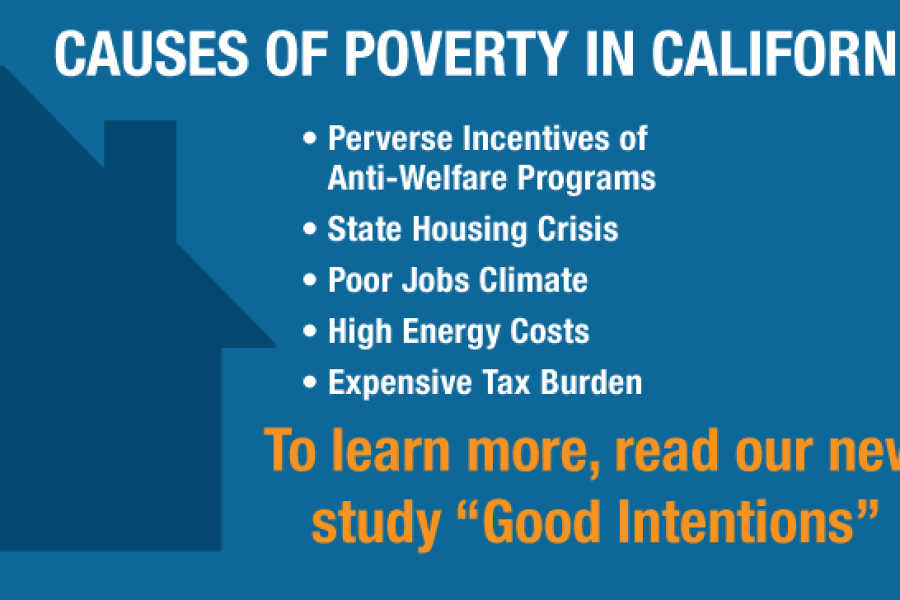Last week, the Supreme Court issued a major decision in a case about online retailers collecting sales taxes, South Dakota v. Wayfair.
As PRI’s Bartlett Cleland recently wrote in Fox and Hounds, “the case is centered around the notion that an entity must have a physical presence in a jurisdiction before it can be taxed or forced to collect taxes for the state.”
South Dakota argued that a customer physically looking at an online store in their state should suffice for a nexus to collect taxes. Wayfair argued that they needed an actual physical store or warehouse in the state to meet this requirement. In the end, the Court sided with South Dakota.
The battle was a familiar one in California. During the budget crises of the early 2010’s, Democratic lawmakers in Sacramento targeted Amazon and other online retailers as low-hanging fruit to bring in new revenue.
Amazon argued that they had no physical presence in the state and shouldn’t be required to collect sales tax on online purchases. Status quo, brick-and-mortar retailers, and tax-hungry liberal lawmakers joined together to force them to collect the tax.
Gov. Brown signed legislation during the 2011 budget crisis forcing Amazon to start collecting the tax. Their argument was that because Amazon, eBay and others had affiliate companies they did business with in the Golden State, they had a California presence – triggering the tax collection requirement.
Amazon responded by dumping the affiliates. Caught in the middle were small, mom-and-pop businesses that earn a living by selling through Amazon and others.
Ultimately, the California tax dispute was only resolved when Amazon changed its business model to emphasize fast and same-day delivery. They needed warehouses and distribution centers in the state to make this happen, so they cut a deal with the state. Had they not changed their business model, they would likely still be fighting the move today.
Following the Wayfair ruling, you can be sure that legislators and tax collectors in other states are ramping up the collection of online sales taxes.
Armed with this ruling, you can bet that liberals in the California Legislature and the Golden State’s tax collectors will move swiftly and eagerly to collect more tax revenue from online sales.
President Trump tweeted that the Wayfair ruling was a “big victory for fairness and for our country (and a) great victory for consumers and retailers.” That’s not really the case. While it’s a good deal for old school retailers, it’s not a victory for consumers. They’ll now have to pay the tax that wasn’t being collected before. (Yes, we all are supposed to declare how much we owe in use tax on our state income tax forms each year, but I’d bet that not many folks do this.)
What the President really means with his Tweet was that the decision was a defeat for his nemesis Jeff Bezos and Amazon.com, which is probably true. Retailers see this ruling as a way of equalizing the playing field with online merchants.
In the end, the real losers here will be consumers who will be stuck paying more in taxes the next time they buy something online.
Tim Anaya is communications director for the Pacific Research Institute.


